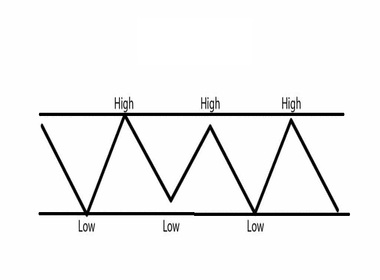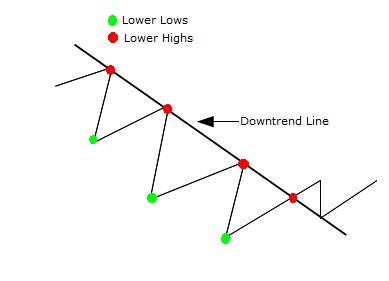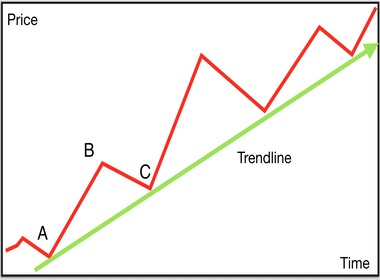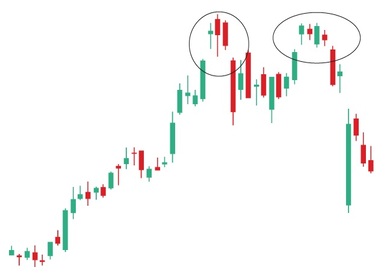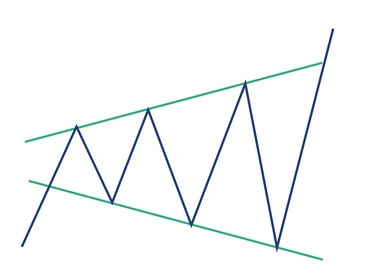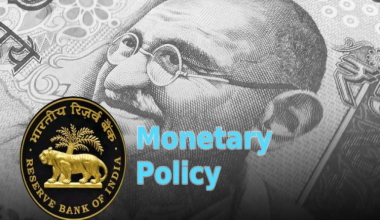
Monetary Policy(Tool Through Which Controls the Money Supply)
Interest rates are controlled by the Reserve Bank of India (RBI) through monetary policy. This is how they keep the money supply in check. RBI is India's main bank. In the same way, interest rates are set by each country's central bank. Like the Federal Reserve in the US and the European Central Bank in Europe. Interest rates are changed by central banks to control the amount of money in the economy across all sectors.
As the RBI sets interest rates, it has to make sure that growth and inflation are both taken into account. Just to sum up, if interest rates are high, so are the costs of getting money, especially for businesses. Business can't grow if it's hard for them to borrow money. The economy will slow down if businesses don't build up.
Low interest rates, on the other hand, make it easier to borrow money. What this means is that businesses and people will have more money. When people have more money, they spend it more, which causes prices of goods and services to go up, which is called inflation.
The RBI has to carefully set the key rates and think about all the economic factors in order to find a balance. Any difference between these rates can wreck the economy. Here are the most important RBI rates that you need to keep an eye on:
Repo Rate
Reverse repo rate
Cash reserve ratio (CRR)
Members of the monetary policy committee get together on a daily basis to talk about the economy and set these important rates. Because of this, any trader who wants to stay on top of the market must keep an eye on the monetary policy event. Stocks that are sensitive to changes in interest rates would be the first to respond to rate choices. These stocks could be in banks, cars, real estate, metals, housing finance, etc.
|
Table of Contents : Market Movers: Exploring Key Events and Their Influence on Markets 1. Exploring Key Events and Trends 2. Monetary Policy(Tool Through Which Controls the Money Supply) 3. Inflation(the purchasing power of money) 4. Index of Industrial Production (IIP) 5. Purchasing Managers Index (PMI) 6. Budget - an Event of Ministry of Finance |


